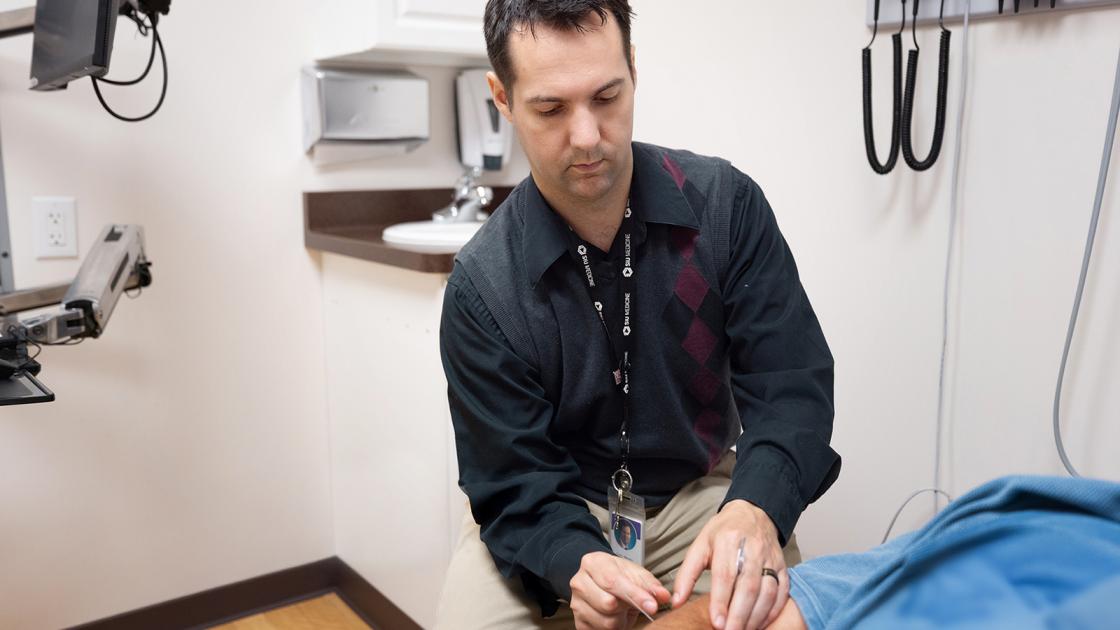Our approach to digestive health
SIU Medicine provides routine and advanced care for your digestive and gastrointestinal conditions. We treat all areas of the digestive system, including the esophagus, stomach, liver, gallbladder, pancreas, small intestine and colon, and specialize in providing endoscopic procedures, gastrointestinal surgery and other innovative, evidence-based therapies.
The digestive system is the group of organs that break down food so your body can absorb its nutrients. Everything in your body needs these nutrients from the digestive process to work correctly. Digestive diseases are disorders of the digestive tract, which is also called the gastrointestinal (GI) tract. Gastroenterology (GI) is the branch of medicine dedicated to treating diseases and conditions affecting the gastrointestinal or digestive system. Gastroenterologists, also known as "GI doctors" are experts on the digestive system and how it works. As part of the academic medical community, our doctors work in collaboration with other specialists, including colon and rectal surgeons, primary care doctors, nutritionists, hepatologists, radiologists and mental health care professionals, to provide exceptional care and treatment options for you and your family.




